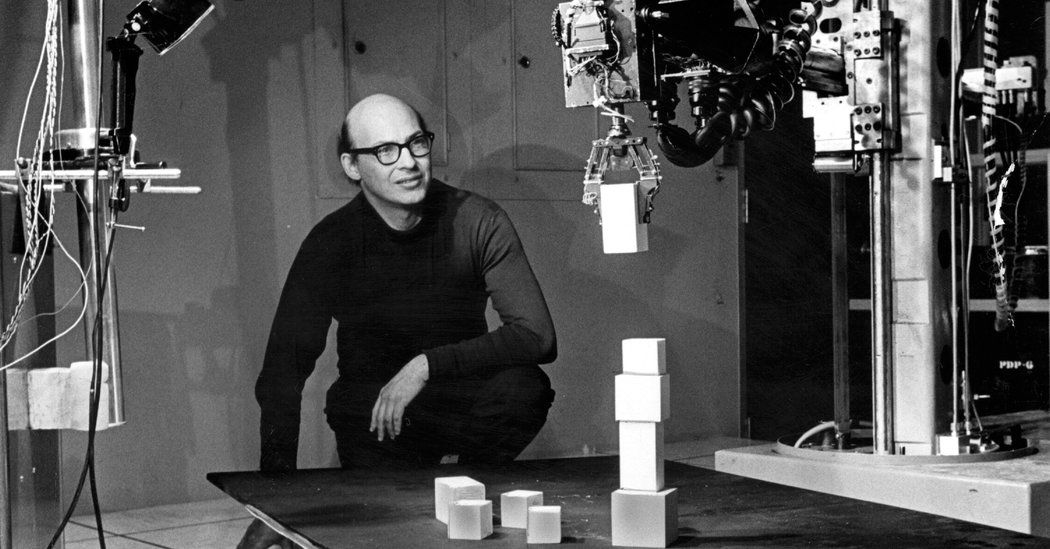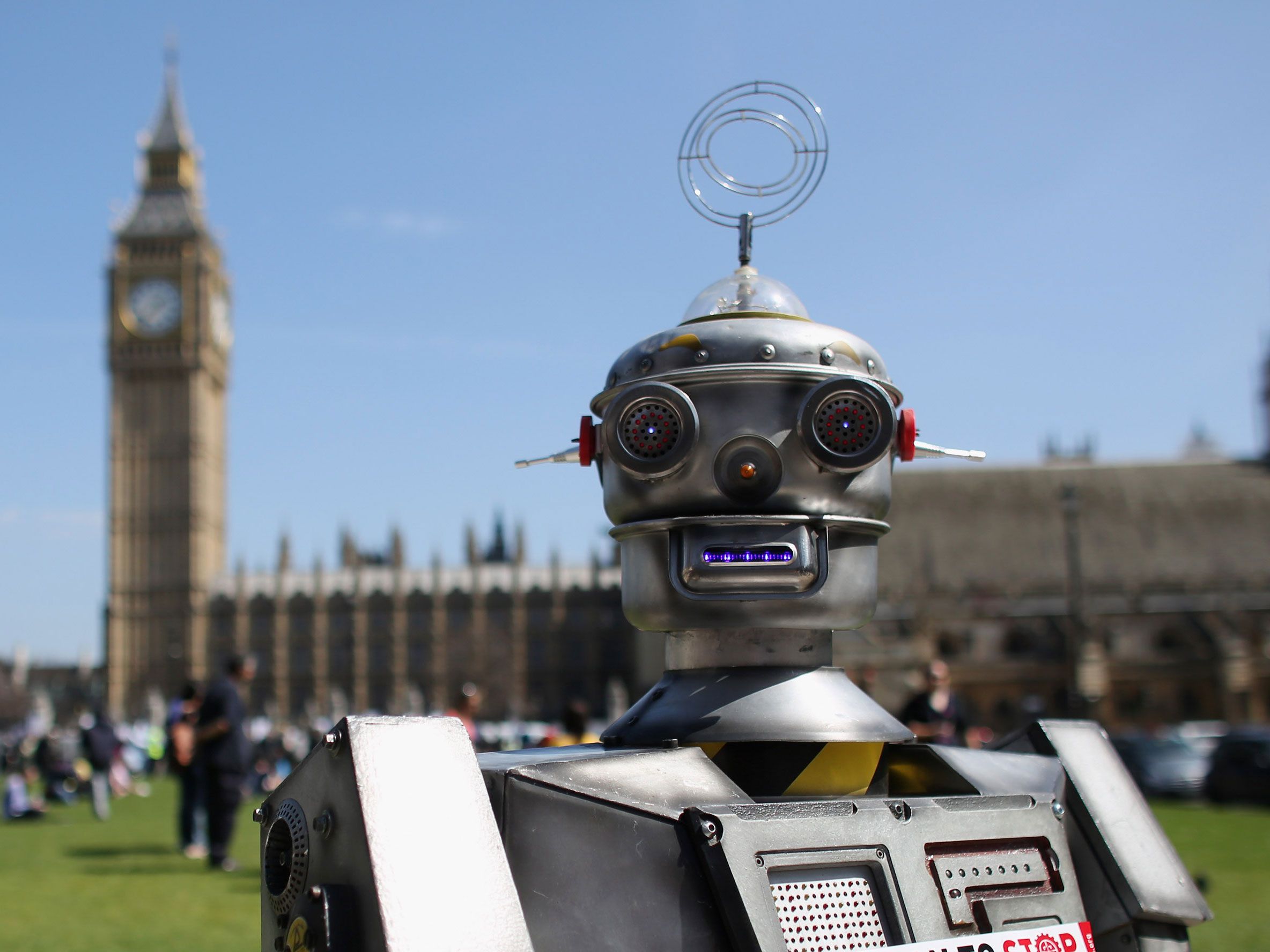Robotics store — could we eventually see a HomeDepot version of a Robotics Warehouse and More coming not too far in the future as a franchise across North America and Europe? Or, better yet, a Robotic Target for the latest clothing and accessories for your own personalized robot. In Japan, they actually have a fashion line for robots.
25 Jan, 2016 - The organization is led by President V. Scott Stoneburner. The mission of RobotStop is to create a more prosperous future through principled service and technological innovation. President V. Scott Stoneburner said, “We are extremely excited to launch RobotStop. We envision that robotics will soon be a booming market and our plan is to strategically position ourselves ahead of that exponential curve. As innovation and competition increases, prices have started to become more aligned to the consumer mass market.”
RobotStop, a global product retailer (www.robotstop.com), announced today that it has officially launched a new website and corporate identity. According to President V. Scott Stoneburner, RobotStop President and founder, the new website and brand are closely aligned with the company’s strategic vision for growth and expansion over the next decade, and beyond.
The RobotStop website offers a clean, modern design, easy-to-navigate functionality, and a content-rich site experience. The e-commerce function enables customers to quickly and easily order RobotStop LLC products from a broad range of categories, including Robots & Kits, UAVs & Drones, Wearable Technology, Virtual Reality, Hot New Robots, Miscellaneous Robot Products, Professional Robots etc.
Read more
















